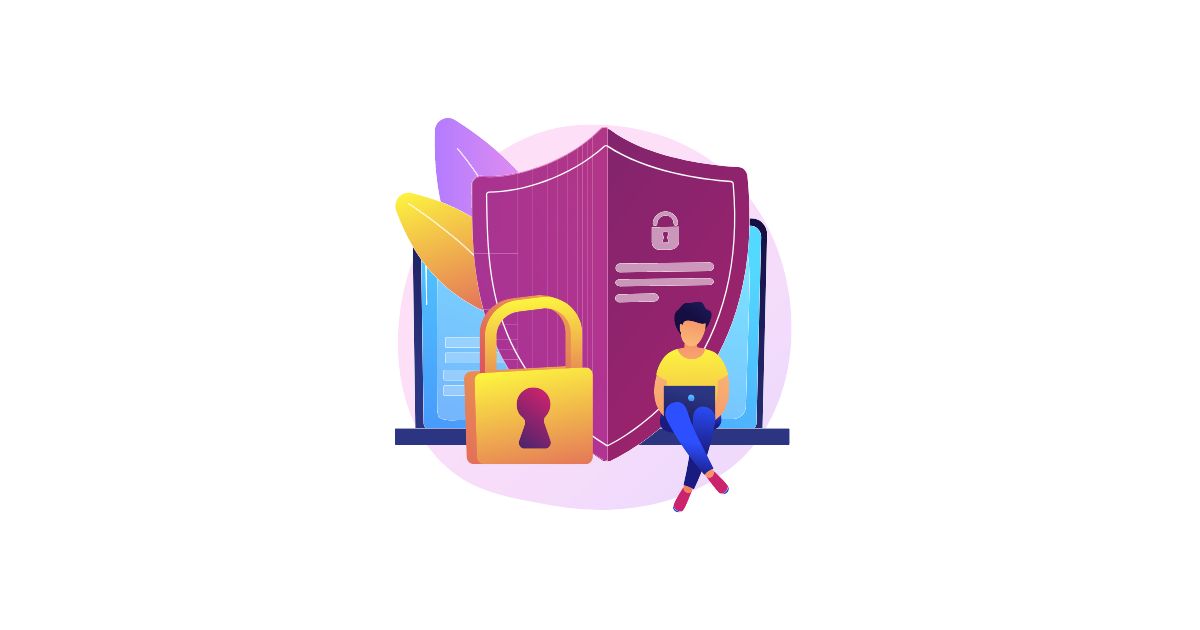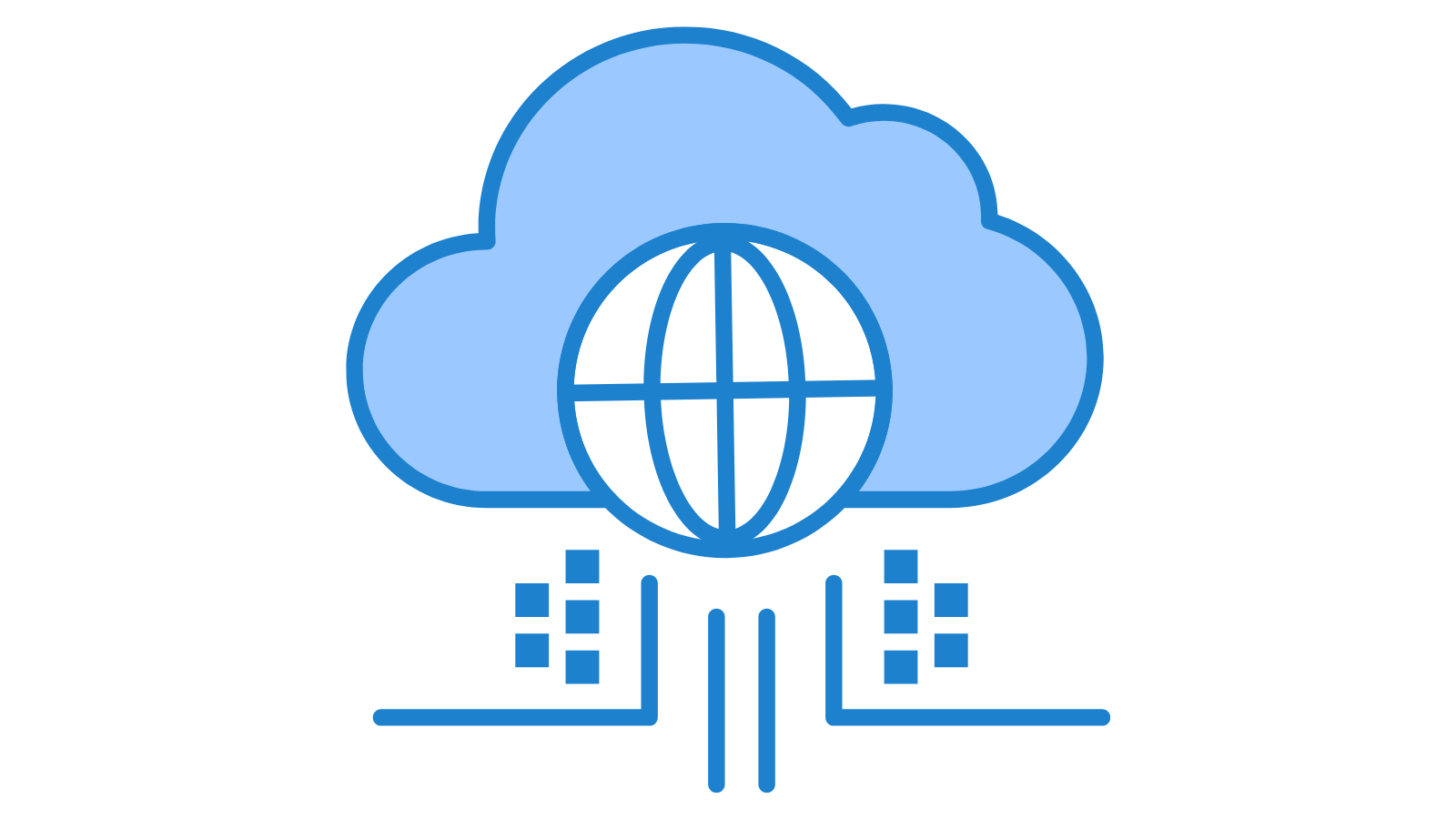N. 159/2023 LE TRE NEWS DI OGGI: L’Autorità olandese per la protezione dei dati (AP) sta indagando sulla DUO, l’agenzia governativa che attua le disposizioni in materia di istruzione e gestisce le richieste di finanziamento degli studenti. Il motivo è da ricercare nelle notizie riportate dai media circa gli abusi nel controllo delle frodi sugli …


